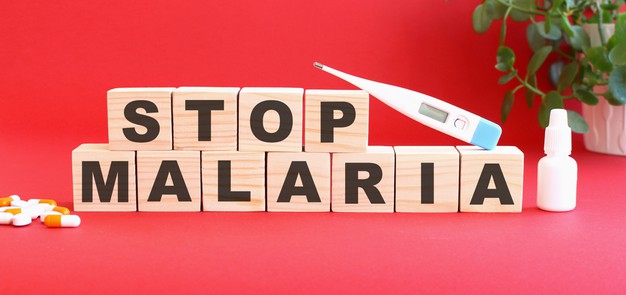
Photo Credit: Freepik
In a key milestone for Asia Pacific, today the People’s Republic of China has officially been certified by the World Health Organization (WHO) as malaria-free. The Asia Pacific Leaders Malaria Alliance (APLMA), Asia Pacific Malaria Elimination Network (APMEN) and their partner The RBM Partnership welcome China’s achievement and the country’s notable contributions to the fight against malaria, while reflecting on the successes and learnings that can support malaria elimination across Asia Pacific and globally.
“China has had a long history of malaria. This milestone is a significant life-saving achievement for our country and a testament of the critical role and need for strong healthcare infrastructure, tailored innovations and leadership to end malaria”, said Prof Zhou Xiaonong, Director of National Institute of Parasitic Diseases (NIPD) at China CDC.
China has now maintained zero indigenous malaria cases for four consecutive years, down from an estimated 30 million cases and 300,000 deaths per year in the 1940s. China’s success reflects the crucial role of multi-sector collaboration, targeted interventions for rural, high-risk and border areas, as well as having the right infrastructure in place. Over ten years ago, the national malaria program implemented the strategy “tracking infectious sources through surveillance, and response to clear the epidemics” with the 1-3-7 norm, a game changer for malaria surveillance and response. The norm sets out clear timelines for diagnosis (1 day), confirmation and risk assessment (3 days) and action to contain all malaria cases (7 days) to prevent further transmission of malaria. The approach has since been adopted and tailored to local settings by several countries in the region. “Malaria is a preventable and treatable disease; we have the tools to stop it’s spread and must do so as a region and together. China has proved elimination is possible even in the most populous nation.
Honoring this milestone is particularly important as progress on malaria has been uneven globally and in the region.” commented Dr Sarthak Das, CEO of APLMA.
Among the countries in the region that were malaria-endemic when the 2030 commitment was signed, China is the second country to be certified malaria-free, after Sri Lanka. In order to keep momentum in countries that are nearing malaria elimination, APLMA and APMEN are calling for continued urgency, an increase in global leadership and resources, to both protect the gains made against malaria over the last two decades and further bolster health systems against emergent communicable threats as we strive to defeat malaria within Asia Pacific and globally.




